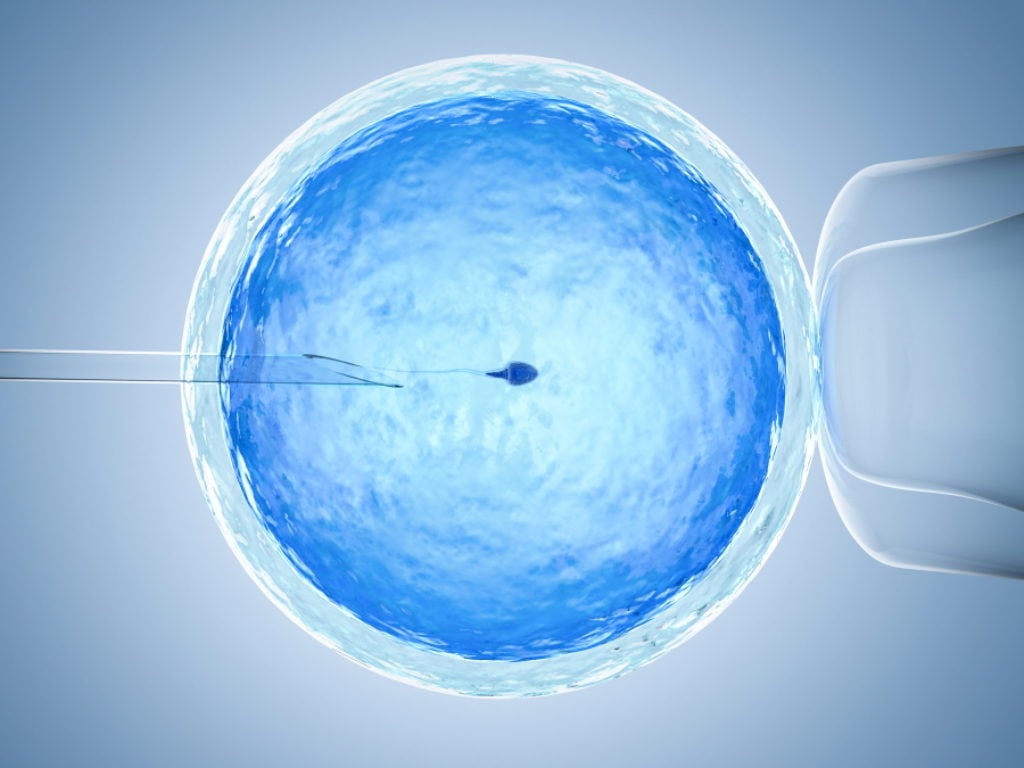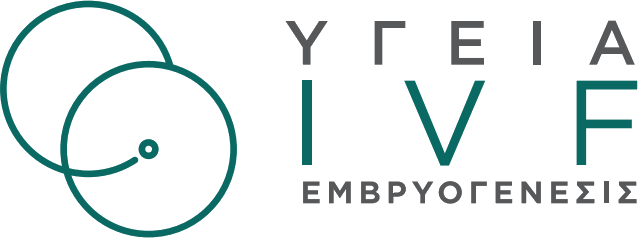Egg donation
Some women cannot produce their own eggs or have poor quality eggs that may not lead to pregnancy. These women may have no other option of having children but to use egg donation.This means that they have to undergo IVF, whereby their partner’s sperm will be used with another woman’s eggs (egg donor). The embryos that will arise are transferred into the uterus of the recipient. Patients who turn to egg donation may be women who:
- Are at an advanced age.
- Have had their ovaries removed for a medical reason.
- Have undergone radiotherapy or chemotherapy.
- Are young and experienced early menopause.
Donor testing
- All donors undergo meticulous clinical testing.
- Special exams include: cystic fibrosis (up to 99% of CFTR gene mutations), fragile X syndrome, alpha/beta thalassemia, delta/beta thalassemia, proximal spinal muscular atrophy (exons 7 and 8), nonsyndromic hearing loss (35delG and L90P mutations), karyotype.
- Egg donors also undergo tests for sexually transmitted diseases, prenatal screening, and molecular tests for hepatitis B and C and HIV.
Your desire to offer generously the love you hold inside you is also our desire.
![]()

Legislation
Egg donation is governed by specific legislation. The key points are as follows:- It is mandatory to preserve the anonymity of donors and recipients of genetic material. The anonymity and medical confidentiality of donations are fully protected: if you have accepted the donation of eggs or embryos, no identifiable information on the egg donor are disclosed.
- The egg donor must be 18-35 years old. The acceptable age limit for IVF (including egg donor-recipient treatment) is the age of 50, or 52 following special permission from the Medically Assisted Reproduction Authority.
- Both the donor and the couple receiving the eggs sign special consent forms, declaring that they accept the donation. These forms are kept in a confidential record.
- The transfer of up to 2 embryos is permitted, when they derive from donated eggs.
